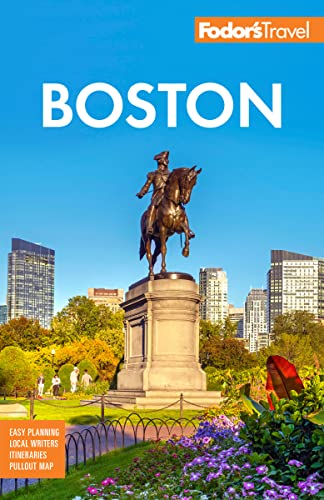Paul Revere's Ride
Test: Paul Revere was (1) a patriot whose midnight ride helped ignite the American Revolution; (2) a part-time dentist; (3) a silversmith who crafted tea services; (4) a printer who engraved the first Massachusetts state currency; (5) a talented metallurgist who cast cannons and bells; or (6) all of the above. The correct response is (6). But there's much more to this outsize Revolutionary hero—bell ringer for the Old North Church, founder of the copper mills that still bear his name, and father of 16 children.
Although his life spanned eight decades (1734–1818), Revere is most famous for that one night, April 18, 1775, when he became America's most celebrated Pony Express rider. "Listen, my children, and you shall hear / Of the midnight ride of Paul Revere" are the opening lines of Henry Wadsworth Longfellow's poem, which placed the event at the center of American folklore. Longfellow may have been an effective evangelist for Revere, but he was an indifferent historian.
Revere wasn't the only midnight rider. As part of the system set in motion by Revere and William Dawes Jr., also dispatched from Boston, there were at least several dozen riders, so that the capture of any one of them wouldn't keep the alarm from being sounded. It's also known that Revere never looked for the lantern signal from Charlestown. He told Robert Newman to hang two lanterns from Old North's belfry since the redcoats were on the move by water, but by that time Revere was already being rowed across the Charles River to begin his famous ride.
Revere and Dawes set out on separate routes, but had the same mission: to warn patriot leaders Samuel Adams and John Hancock that British regular troops were marching to arrest them, and alarm the countryside along the way. The riders didn't risk capture by shouting the news through the streets—and they never uttered the famous cry "The British are coming!," since Bostonians still considered themselves British. When Revere arrived in Lexington a few minutes past midnight and approached the house where Adams and Hancock were lodged, a sentry challenged him, requesting that he not make so much noise. "Noise!" Revere replied. "You'll have noise enough before long."
Despite Longfellow's assertion, Revere never raised the alarm in Concord, because he was captured en route. He was held and questioned by the British patrol, and eventually released, without his horse, to walk back to Lexington in time to witness part of the battle on Lexington Green.
Poetic license aside, this tale has become part of the collective American spirit. Americans dote on hearing that Revere forgot his spurs, only to retrieve them by tying a note to his dog's collar, then awaiting its return with the spurs attached. The resourcefulness he showed in using a lady's petticoat to muffle the sounds of his oars while crossing the Charles is greatly appreciated. Little wonder that these tales resonate in the hearts and imagination of America's citizenry, as well as in Boston's streets on the third Monday of every April, Patriots' Day, when Revere's ride is reenacted—in daylight—to the cheers of thousands of onlookers.




